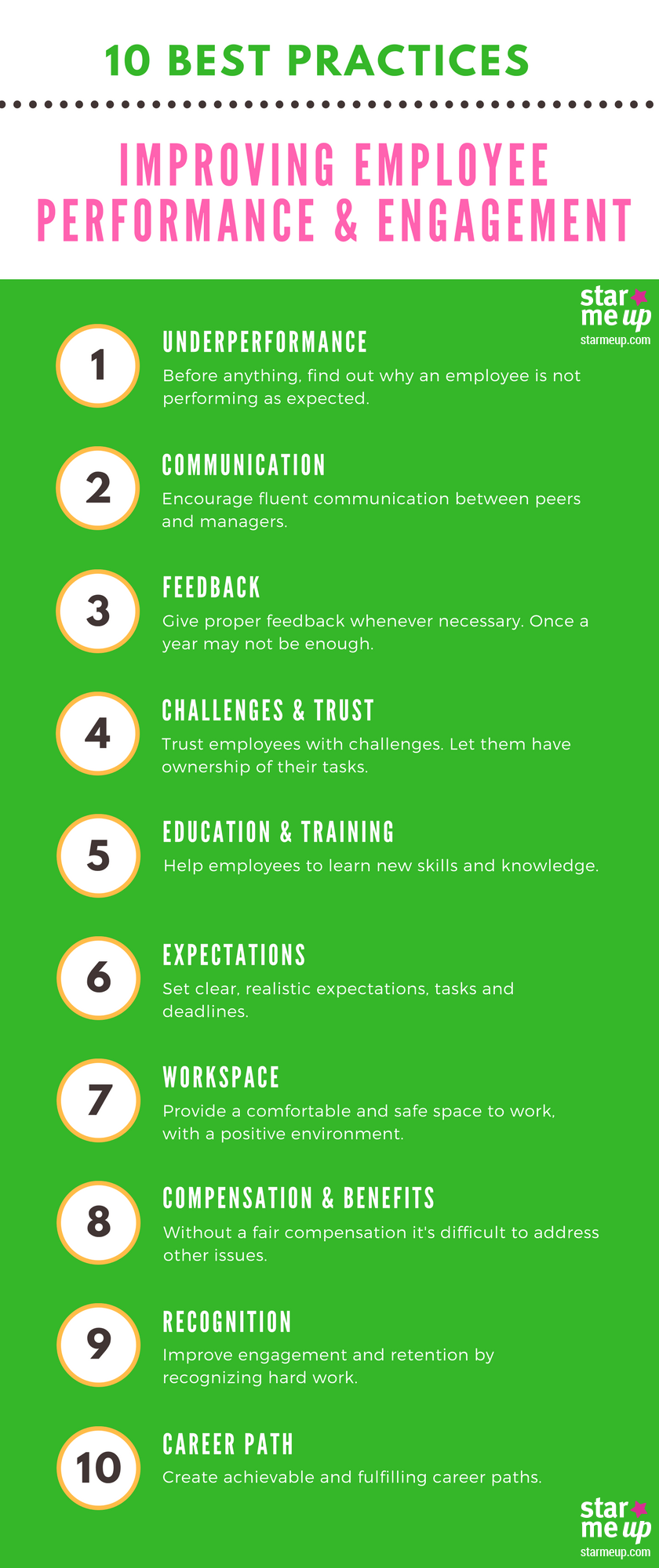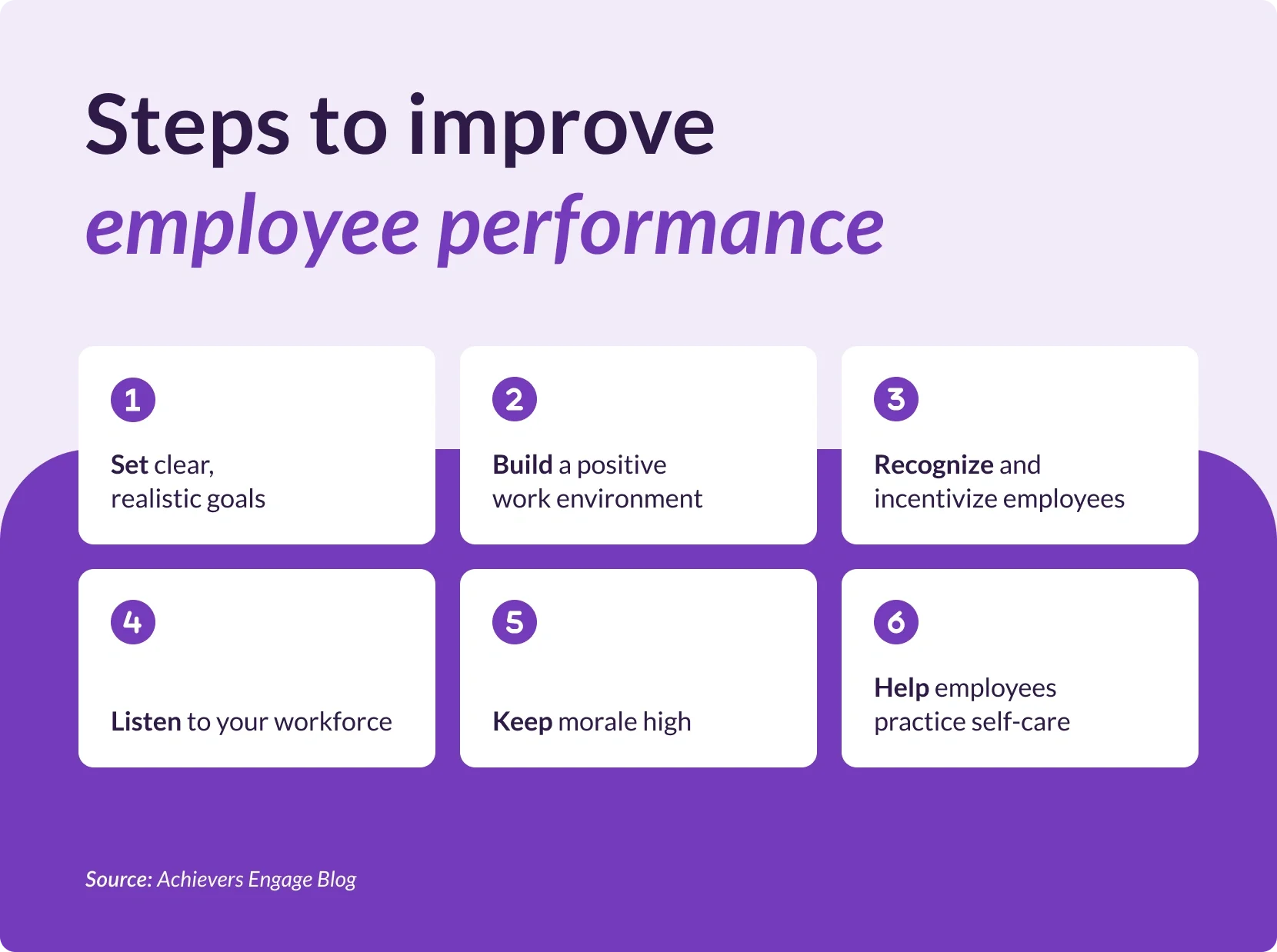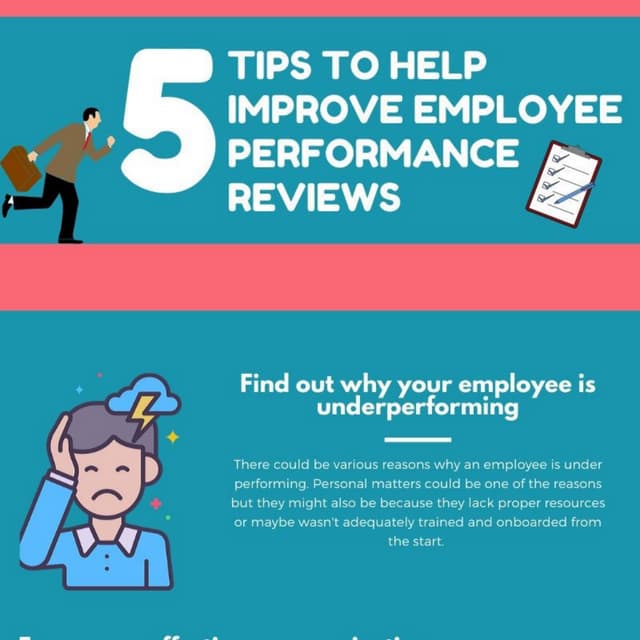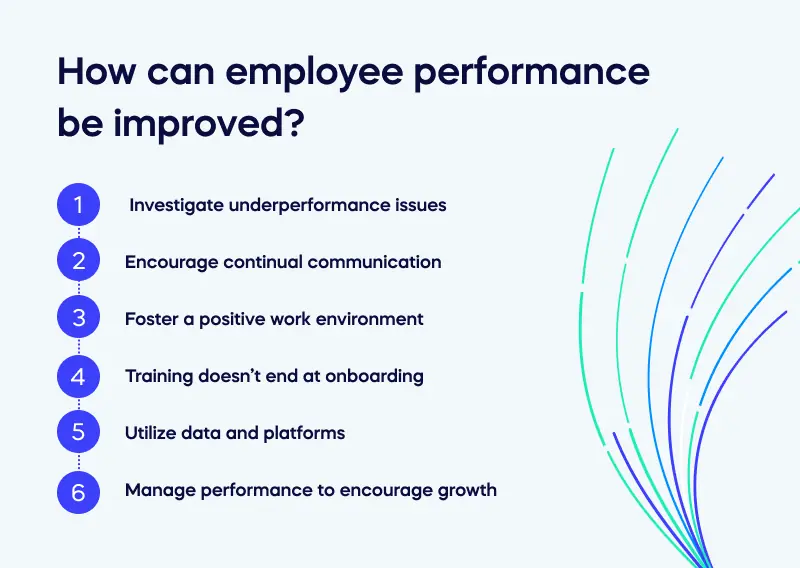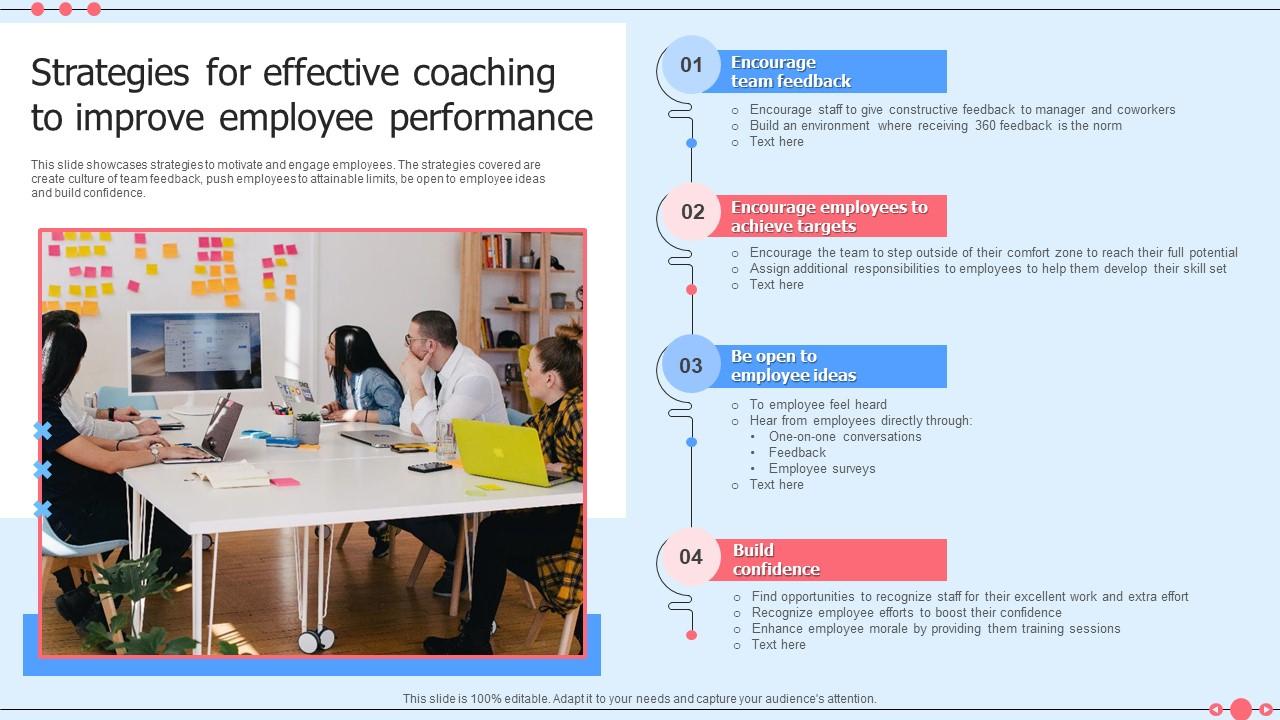Strategies To Improve Employee Performance

Employee performance is the lifeblood of any successful organization, and businesses are constantly seeking ways to optimize it. Recent studies and industry reports highlight a shift towards more holistic and employee-centric strategies, moving beyond traditional performance management models.
The challenge lies in identifying and implementing strategies that not only boost productivity but also foster a positive and engaging work environment. This article explores several key approaches that companies are adopting to improve employee performance, drawing on expert insights and data-driven findings.
Understanding the Evolving Landscape of Performance Management
Traditional performance reviews, often annual or bi-annual, are increasingly seen as outdated and ineffective. Experts argue that these infrequent evaluations provide insufficient feedback and can be demotivating for employees. The Society for Human Resource Management (SHRM) advocates for more frequent and constructive feedback cycles.
“Continuous feedback is crucial for fostering growth and improvement,” says Dr. Anya Sharma, a leading organizational psychologist. “Employees need to understand their strengths and weaknesses in real-time to make necessary adjustments and stay motivated.”
Key Strategies for Improvement
Several strategies are gaining traction in the quest to enhance employee performance. These strategies encompass different aspects of the work environment and employee experience.
One critical area is investing in employee development and training. Companies that prioritize training and skill-building initiatives often see a significant increase in employee engagement and productivity.
Offering opportunities for professional growth not only enhances employees' capabilities but also demonstrates a commitment to their long-term career aspirations. This can lead to increased loyalty and reduced turnover rates.
Another key strategy is fostering a culture of open communication and feedback. Creating channels for regular dialogue between managers and employees is essential for identifying issues and providing timely support.
This includes implementing 360-degree feedback systems, where employees receive feedback from peers, supervisors, and even subordinates. This type of system provides a more comprehensive perspective on an employee's performance and impact.
Employee well-being is also increasingly recognized as a crucial factor in performance. Companies are realizing that happy and healthy employees are more productive and engaged.
Initiatives such as flexible work arrangements, mental health resources, and wellness programs are becoming increasingly common. These programs aim to reduce stress, improve work-life balance, and create a more supportive work environment.
Goal setting and alignment are also paramount. Ensuring that employees understand their roles and how their work contributes to the overall organizational goals is crucial for motivation and focus.
Utilizing the SMART (Specific, Measurable, Achievable, Relevant, Time-bound) framework for goal setting can help employees stay on track and measure their progress effectively.
Recognition and rewards play a significant role in reinforcing positive behaviors and motivating employees. Acknowledging and celebrating achievements, both big and small, can boost morale and create a sense of appreciation.
This can include formal reward programs, informal recognition through team meetings, or even simple gestures of appreciation from managers.
"The most effective strategies are those that are tailored to the specific needs and context of the organization," explains John Lee, a consultant specializing in performance management. "There is no one-size-fits-all solution."
The Impact and Future Trends
The shift towards more holistic and employee-centric performance management strategies is expected to continue in the coming years. As the workforce becomes increasingly diverse and demanding, companies will need to adapt their approaches to meet the evolving needs of their employees.
Technology is also playing an increasingly important role in performance management, with the development of sophisticated tools and platforms that can track progress, provide feedback, and facilitate communication.
Ultimately, the most successful organizations will be those that prioritize employee well-being, foster a culture of continuous learning, and create a work environment where employees feel valued and empowered to perform at their best.



